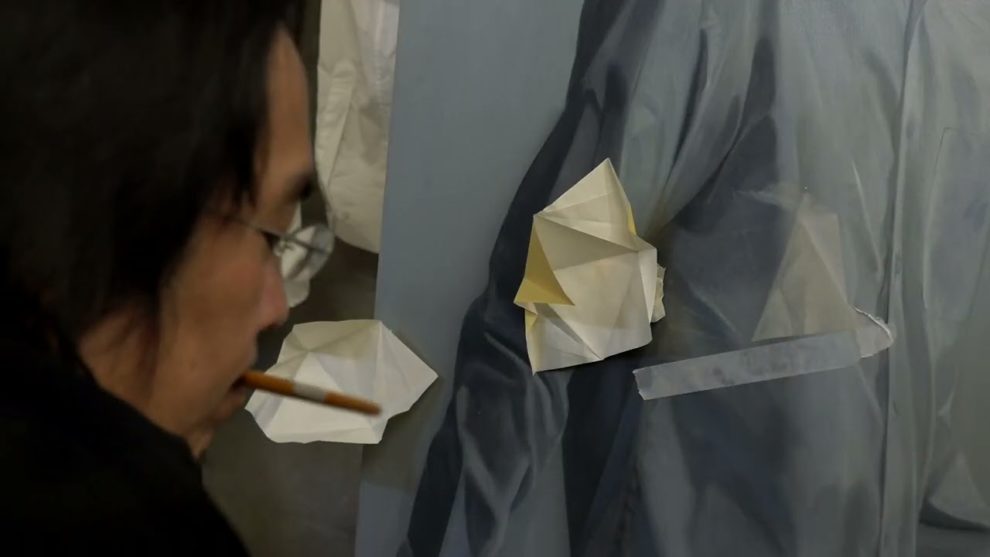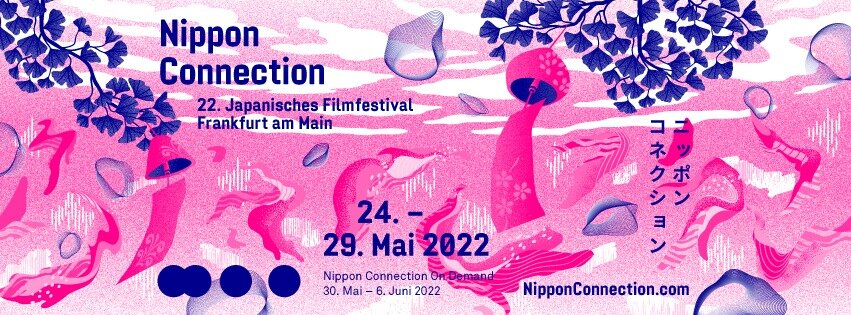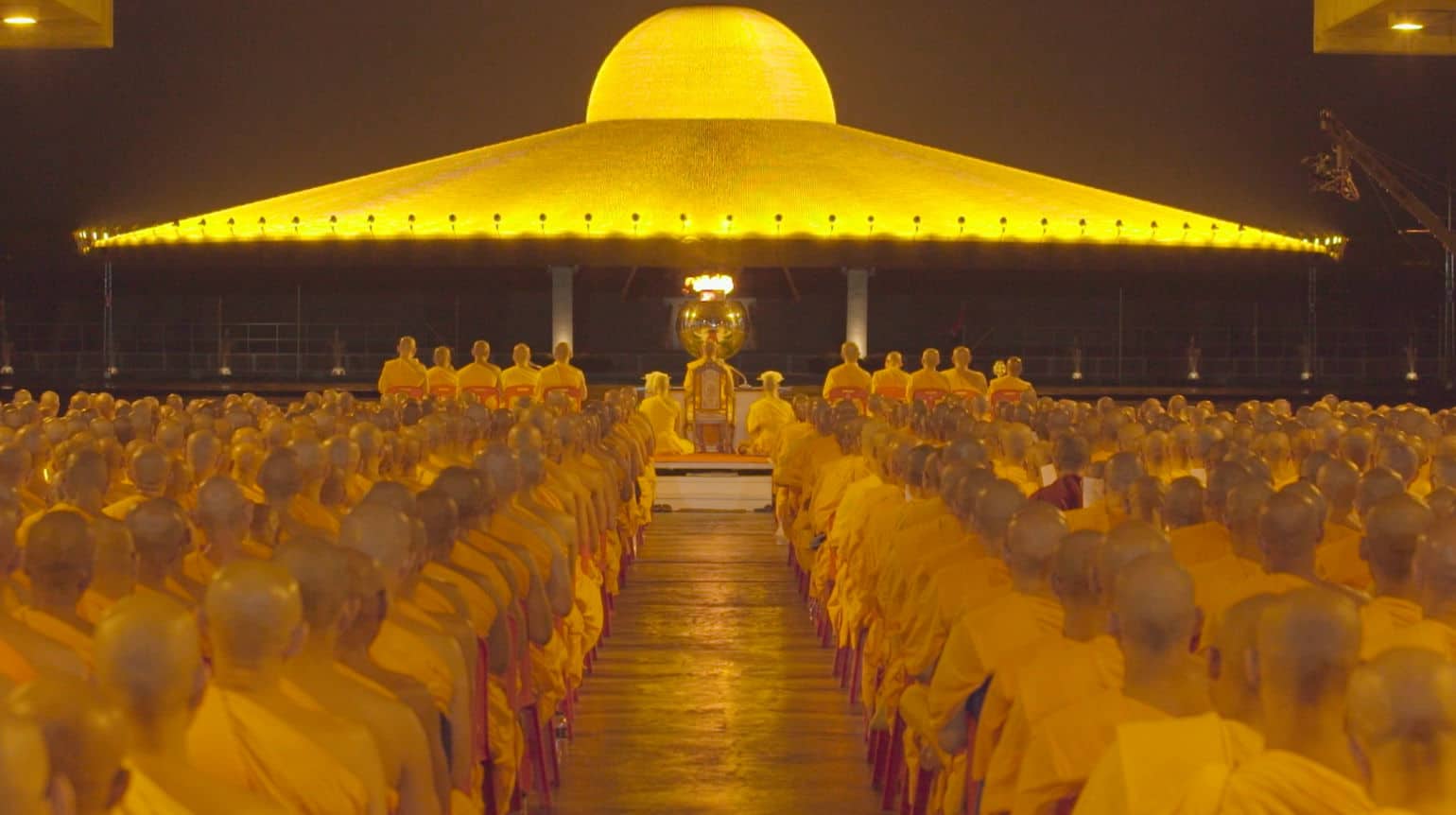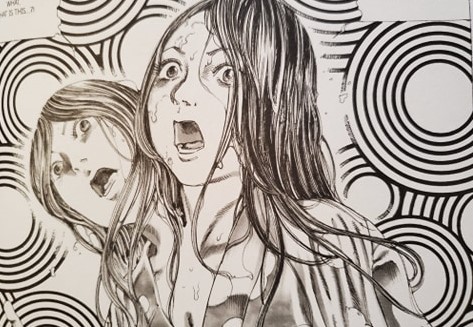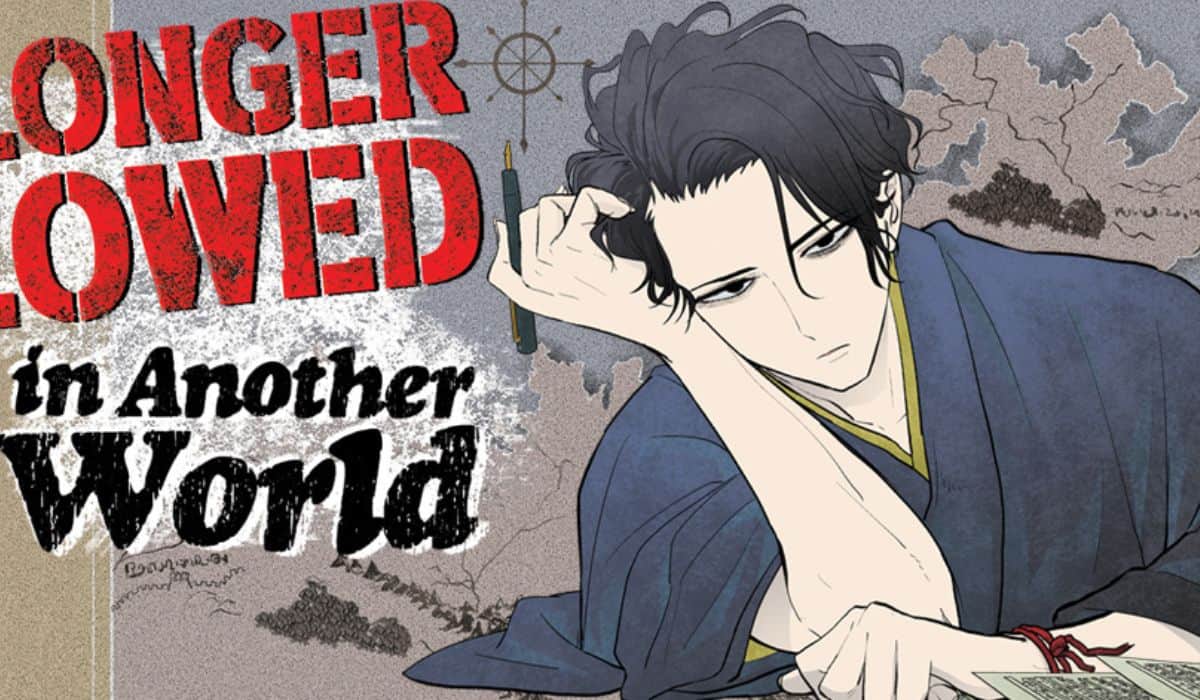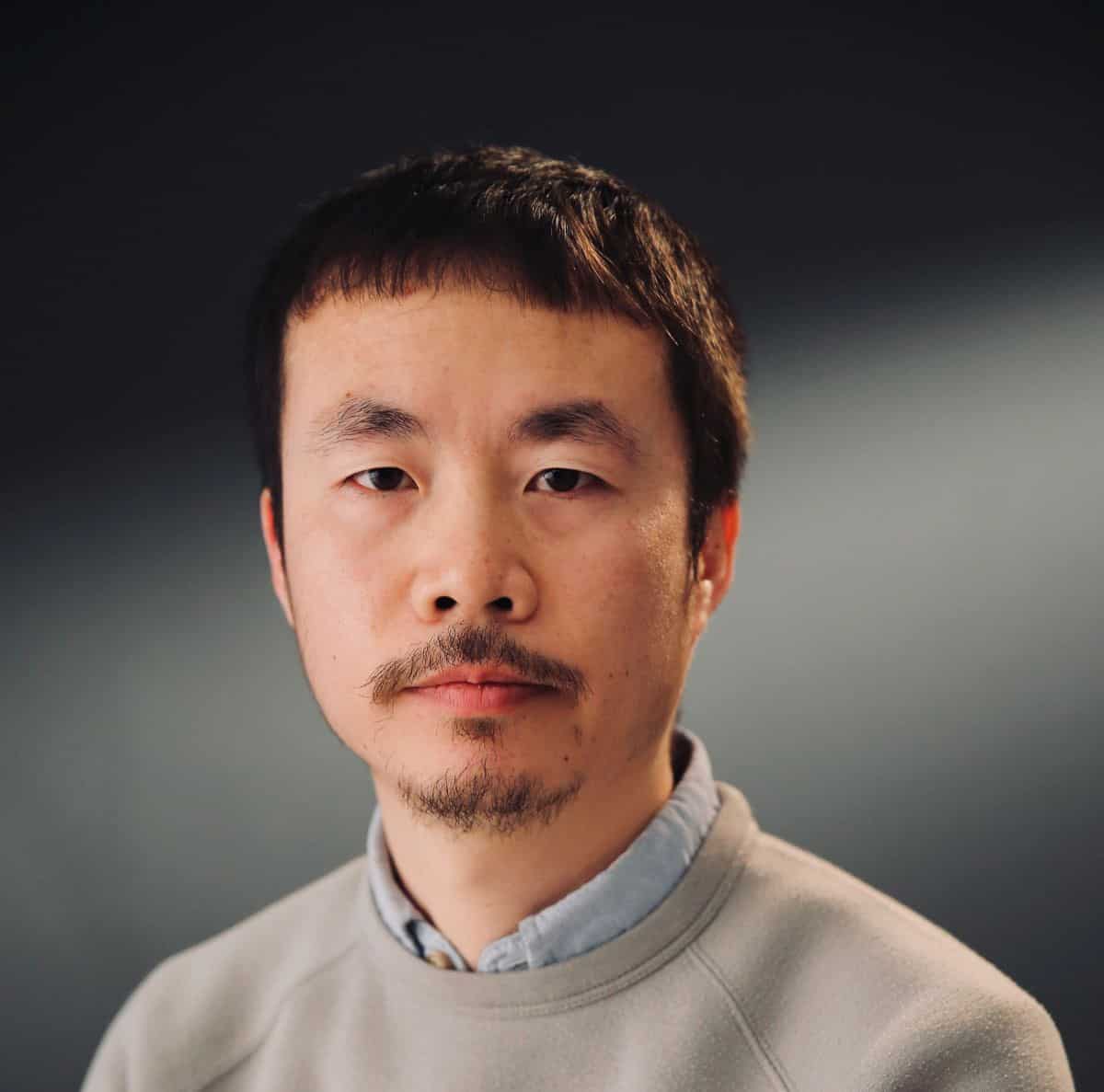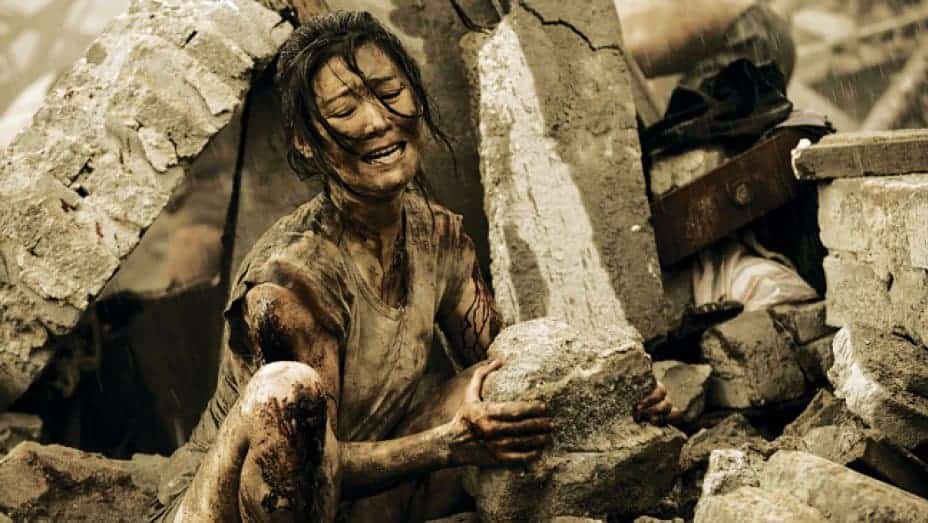Dealing with grief is frequently a very personal procedure, with people finding varying ways to help themselves, although not all successfully. Tadasuke Kotani directs a documentary that focuses on Atsushi Suwa, a painter, who is offered a contract to paint a portrait of a couple's deceased son, Tetsuaki, who was studying to be a doctor before he died. In order to do so, Suwa talks to each member of the family individually, along with a female friend, also painting their portraits in the process.
“Origami” is screening at Nippon Connection
Kotani shoots a very interesting documentary, which essentially unfolds in two levels, as Suwa's process in creating the painting is juxtaposed with the aforementioned interviews, which help both him and the viewer of the film to understand who Tetsuaki was and how the people in his close surrounding perceived him, but also functions as a process of relieving grief for them. The way Kotani weaves these two levels together is truly masterful, with the editing working excellently in their frequent succession.
Furthermore, Kotani is lucky to have found a very appealing “subject” in Suwa, whose soft voice and sensitive questions, as much as the fact that he occasionally laughs with the people he talks with, emerges as rather appealing, also highlighting that he has the full trust of the people he talks to. The same applies to his unique approach, which includes both painting and a type of sculpting. As such, the whole procedure is truly appealing to watch, with the way the artist takes his time to really get to know as much as he can about the deceased, highlighting his dedication and his overall perfectionism.
Kotani's camera follows the whole thing pretty closely, giving a sense to the viewer that he is actually there during the interviews, while the scenes when Suwa is working move more towards a voyeuristic approach. This combination also works nicely, as it adds a very welcome element of diversity, which is further implemented with the slight focus on the origamis the deceased used to make, which are also presented through a few animated-like scenes. . Furthermore, despite the fact that the documentary is about art essentially, the overall approach strips the movie of any kind of pretentiousness, an issue that is quite frequent in titles of this type.
Lastly, the finale wraps the whole thing in the most satisfying fashion, giving a happy ending to a story that began as dramatic, but ended up being exactly the opposite.
“Origami” is an excellent documentary that manages to hide much context in its minimalism, while having an ideal duration for its subject matter, just a bit below the hour.


